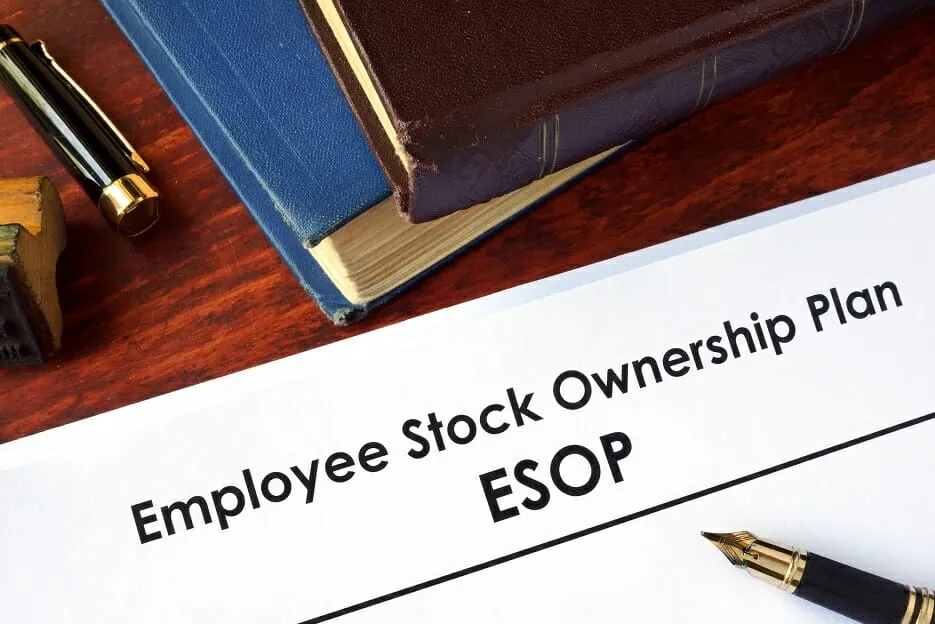ESOPs have progressively emerged as one of the most used strategies for employer–employee relationships to ensure that they retain, attract and motivate employees. Workers’ interests are in tandem with those of employers as they have an opportunity to own a stake of the business by implementing ESOP plans. Therefore, for more companies to engage, implementing an effective ESOP is a very strategic decision to be taken seriously.
The benefits that highlight the importance of ESOP services:
If a company is offering ESOPs, it clearly signals its commitment to its employees and desires to be part of their future success. It allows this firm to have a comparative advantage in attracting highly skilled employees that can choose from different jobs.Potential upside may cause candidates to prefer startup equity compensation over a salary or cash bonus-only company. In particular, for startups and high-growth companies, having an ESOP is an essential recruiting tool in an extremely tight labor market.
Similarly, an ESOP helps motivate and retain key talent over the long run. Employees exercise their rights by holding them as equity owners in the firm. It leads to increased engagement rates, customer loyalty scores and staff retention in an organization.The employees together make up the cumulative value that many organizations will give them every year they remain with the company as it grows.
The employees’ motivations are gradually transformed from mere wage earners into owner-managers as they receive shares through employee stock options. Cost-containment measures, profitability improvements, growth initiatives or strategies, and higher level servicing of clients thus become concerns that cannot be ignored by any worker affected by this move made by the employer’s management team.
Employees and employers find ESOPs appealing due to the special tax advantages they provide. Firms can deduct from their taxes any contributions made to the ESOP trust. Employees can transfer equity at termination to defer capital gains tax. Additionally, shares in the ESOP trust grow tax-free until retirement or a change in control payouts. Tax-wise, it is less expensive for employers to grant equity but more lucrative for participating employees because of these special incentives.
For many founders and investors, introducing an ESOP creates a market for their ownership stakes that would not exist otherwise. Through a planned schedule of corporate contributions to the ESOP trust, sponsors can finally achieve their goal of selling out while keeping the company’s independence and legacy intact. Usually, such buybacks are funded through future cash flows of such firms or permitted leverages against equity by using this fund as a buyer.
In addition to ownership transfers, ESOP-owned organizations have an advantage when raising funds for expansion or entering new markets. ESOPs allow companies to keep control without dilution by buying shares and reducing outstanding float. Additionally, banks view employee-owned businesses more favorably because they have higher margins. Research shows ESOP-enhanced sales, productivity and profitability metrics. Thus, lending institutions give their clients better credit terms to initiate new growth.
Summary
Implementing and expanding a robust Employee Stock Ownership Plan releases offensive and defensive corporate benefits. For instance, ESOP services help attract the best brains as well as retain critical people much longer while at the same time keeping individual-organizational goals and incentives closely aligned; create distinctive tax benefits; permit high-paying liquidity events for owners and investors; access growth capital from commercial lenders.













